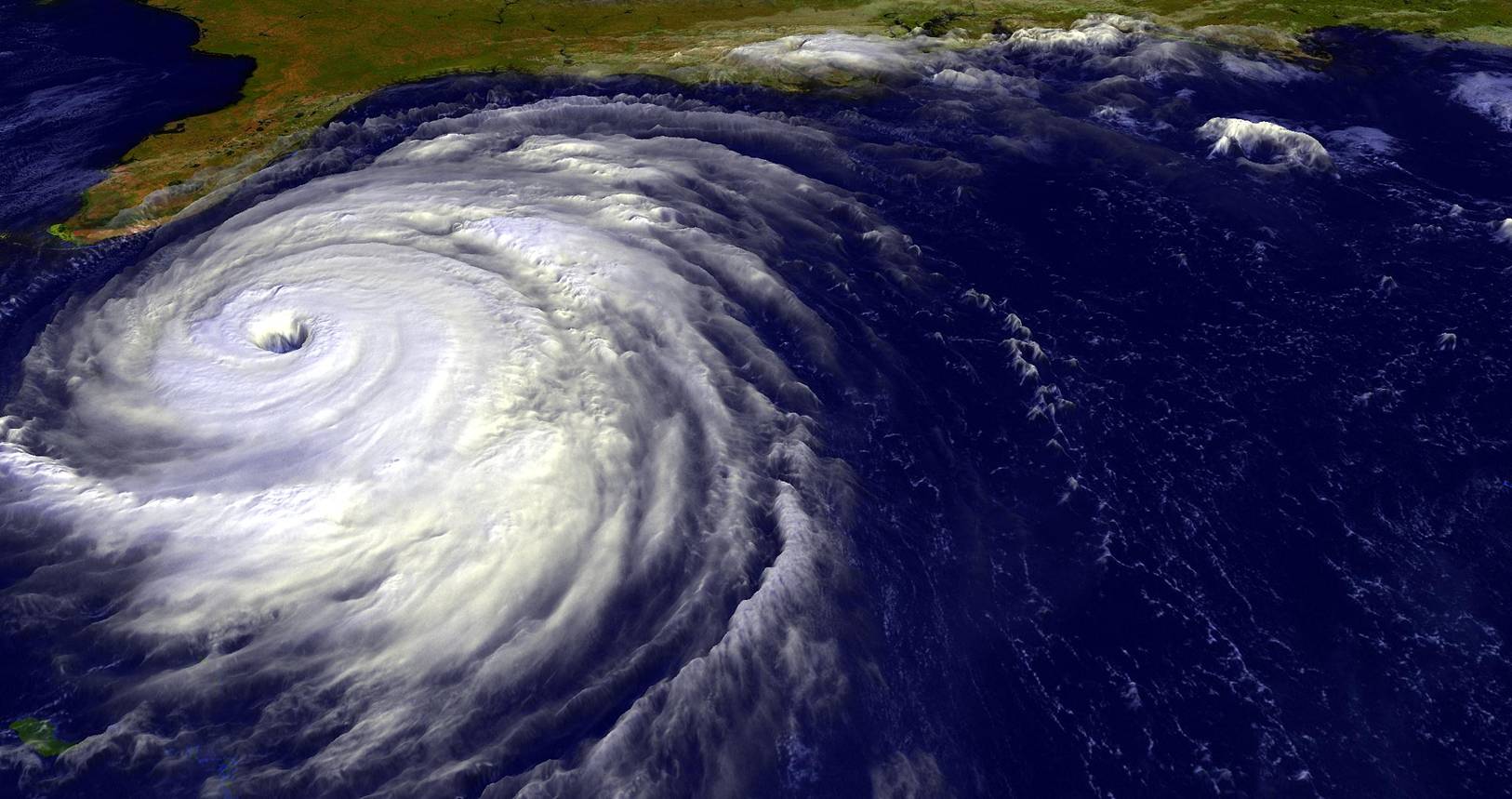On September 26, at the first 2016 presidential debate, former Secretary of State Hillary Clinton pointed a finger at Trump’s ostentatious, but notorious, claim that climate change is a hoax. Despite Trump’s denial in the face of such accusations, he has distinctively and repeatedly publicized his views on global warming, writing in an infamous 2012 tweet that the very concept was indeed a creation “by and for the Chinese in order to make US manufacturing noncompetitive.”
Trump’s public position on climate change reveals two things. First, the president-elect’s stance is representative of a prevailing and pervasive current of thought unique to the United States that systematically denies the existence and repercussions of global warming. Second, his incrimination of the Chinese, which underlines the necessity to safeguard America’s prominent role in world trade, reflects the perception that US national interest is, in effect, jeopardized by international efforts to address global warming.
Yes, Trump’s positioning on global warming is in no way isolated from the general American approach to international agreements aimed at combating the global threat. In fact, at the 1992 Rio Conference, its 20th anniversary reprise in 2012, the Copenhagen Climate Conference in 2009, and the 2015 Paris agreement, the United States has maintained an ambiguous and often counterproductive lead in international talks about climate change regulations.
For instance, the role of the United States in the Paris agreement was largely undermined before the talks even began. As President Obama was hoping to push through strict limits on power plants emissions, the Clean Power Plan initiated by the administration was readily undercut by an opposition from Congress. The message was clear: US Senate Republicans would not approve the $500 million UN fund for climate change imagined by the administration.
America’s polarity on matters of global warming — and international entanglements to a larger extent — is traditionally accredited to the entrenched dichotomy between Republican and Democratic ideologies that impedes successful reforms by creating a political deadlock. However, the hesitancy and ambiguity in regard to signing multilateral agreements on an international organization level is characteristic of both political extremes. In fact, both Republicans and Democrats have proved to be nearly as willing (or unwilling) to commit to international agreements. As much as President Obama championed the promotion of carbon dioxide emission regulations and other measures to combat climate change at the Paris Conference, so have former Republican presidents Ronald Reagan and George H.W. Bush in their fight against ozone depletion during the 1987 Montreal protocol.
So how is the inconsistent attitude of the United States in regard to climate change explained beyond the political and institutional limitations resulting from Republicans’ and Democrats’ differences? Is Donald Trump’s extreme and negationist rhetoric a byproduct of America’s uniquely sharp partisan division (in comparison to its European counterparts)?
The short answer is no. America’s paradoxical lead on global warming discourse, contrasted with the political dismissal of entangling regulations, is better explained by the notion of American exceptionalism — a larger socio-cultural and historical phenomenon that transcends political and institutional constraints.
American exceptionalism does not refer to the United States’ superior capabilities even though the country’s economic and military superiority certainly allows the US to evade restricting agreements. Rather, American exceptionalism refers to the general American justification across the “full range of international relations” that propels the US to assume a leading role in international negotiations while also ensuring that these negotiations do not conflict with its national interest or demand that it act a certain way. The United States places itself in a unique position by declining to subject itself to the regulations and limitations it hopes to impose on other countries — such as China — on the basis of its exceptional nature.
Since Protestant groups fled war-torn Europe during the European Wars of Religion, American identity has been constructed around the idea of messianism — the idea that America was given a special mission in the world. As in the context of climate change, this trend became particularly visible throughout the universal promotion of human rights after the end of World War II. Despite a serious commitment to a given interpretation of human rights and their promotion, the United States failed to support multilateral efforts to create a global regime of human rights. Seen as an infringement on the national interests of the country, the two International Covenant on Human Rights received little contribution from the United States in the ratification process. America saw and continues to see itself as outside the traditional realm of international constraints. As such, the United States readily accepts its leading role in climate change discussions while also retracting itself from binding agreements.
Surely that is not to say that the Clinton administration would conduct international negotiations and agreements on global warming the same way that the Trump administration will. After all, Hillary Clinton has asserted her commitment to battling climate change. What American exceptionalism hints at, however, is how limited and disingenuous American commitments are to such global missions due to its history of absolving itself from accountability on the basis of being exceptional.
But with the diffusion of American culture around the world since the end of the Cold War, and as the world’s second most polluting country, the United States has not only a responsibility to take on a leading role in championing international agreements on climate change but also the singular responsibility to set an example for the world. Despite boasting top-notch scientists, distinguished scholarly research on climate change, as well as influential political leadership in international organizations and institutions, the United States will never be able to assume its special status, as the shining city on a hill, if it does not rethink its identity on the international scene.
